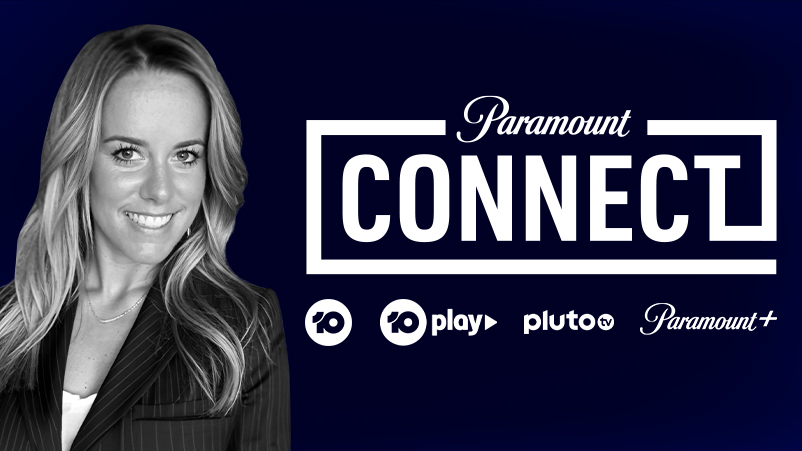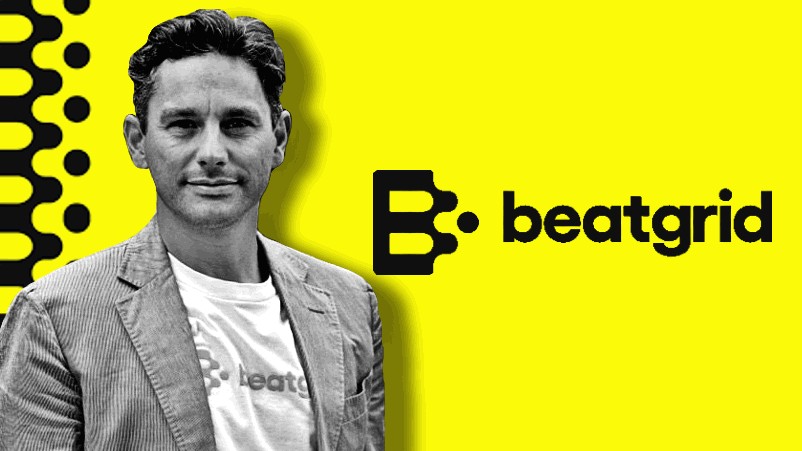Intelligent marketers avoid Simon Sinek quotes and ‘meaningless conceptual garbage like we care about you.’

When an all consuming event like Covid hits, pre-prepared brand strategies and media plans need fine-tuning with a meat cleaver, Karl Treacher says. In the end, brands that prioritise practical customer benefits and cut their losses will succeed – deeds eat words for lunch.
Hopefully what’s next is a dramatic and permanent shift in ‘success profiling’ of marketers – less emphasis on where someone has worked and more attention to their ability to read the world, customers and the things that matter.
Theoretical Physicists. Say that five times really fast. No, it’s not a test of your intelligence. A test of your intelligence according to theoretical physicists is how quickly you adapt to a situation and change. So, it makes sense that that biggest intelligence test of our time as marketers (and people) was and remains Covid-19.
So how did you go?
Wait, don’t answer that. I don’t care. Not even a little bit. Why should I? I’m not your customer or a shareholder of your company. I’m not even an employee. That’s who cares. Ask them. In the meantime, here are my views on some of the things marketers needed to do through this period to showcase (aha, jargon) intelligence.
Investing in creative and media that promises that an organisation ‘cares about you’ is basically the lowest form of creative I can imagine during a pandemic. The old adage ‘deeds not words’ is the answer.
The better, more intelligent marketers in the past year:
1. Threw their planned 2020 brand strategy (and ads) in the bin.
When an event is ‘all consuming’, by definition, it’s all consuming. So anything outside of that event and the impact of the event becomes largely irrelevant. So, a brand strategy planned for 2020 in 2019 (or before) should have been binned. As the weighting of customer needs, through to actual needs materially change, so must the way brands connect with and serve their customers. What audiences will notice, care about, believe in and take action on while being 'all consumed' with the biggest, unforeseen impact in their lives means a new plan, and ideally a plan to develop many new plans.
2. Shook their head and physically walked away from anyone talking about 'sunk costs'
I had a client once who put up waves of resistance to a series of market-leading initiatives because they made prior investments look poor. Think about it. Proven best practices shot down because of sunk cost bias – limiting the brand’s future trajectory.
3. Took a cleaver to their media plan
Last year saw unprecedented increases in streaming and online interaction. It’s very unlikely 2019 media plans foresaw this change in behaviours and planned accordingly. That said, despite some brands 'pivoting' well in terms of strategic media direction, I saw a load of brands flogging terrible content (either squeezing the last drops from a former campaign or standing up weak assumptive creative).
4. Focused almost entirely on practical customer experience benefits
Like many, I was left running to the bathroom when the barrage of ‘brand ads’ leapt onto my screen from some of our leading service brands. Investing in creative and media that promises an organisation 'cares about you' is basically the lowest form of creative I can imagine during a pandemic. The old adage 'deeds not words' is the answer. The better marketers focused on relevant, practical experiential brand features (services, products etc.) and communicated effectively. Big brand ads have their place, and that wasn’t in 2020.
5. Never shared a mind-numbing Simon Sinek quote
For decades ‘thought-leadership’ has been an abused concept. No, not everyone can be a thought leader. Despite this, in 2020 LinkedIn was on overload with so called 'thought-leaders'. One of my personal favourites was 'thought-leaders' posting quotes from other 'thought-leaders'. I can hardly write this without laughing. Some even posted quotes from Captain Obvious Simon Sinek. This is a guy who claims to be a leadership expert and has literally never led anything. Not a company, not a team. You know how I can tell? Because it’s a fact and also because if he had, he’d know that real leaders, and people with actual leadership potential, already know the insultingly basic things he says.
2021 is a year of reckoning, the pressure has been on like never before and talent stood up while pretenders were found out. What’s next? Hopefully what’s next is a dramatic and permanent shift in 'success profiling' of marketers. Less emphasis placed on where someone has worked and more attention given to their ability to read the world, customers and the things that matter.
What matters in 2021 and beyond will be brands that legitimately and effectively find ways to better the planet, people’s lives and communities… while avoiding lame quotes or the urge to waste millions of dollars on meaningless conceptual garbage packaged as a 'brand ad'.


